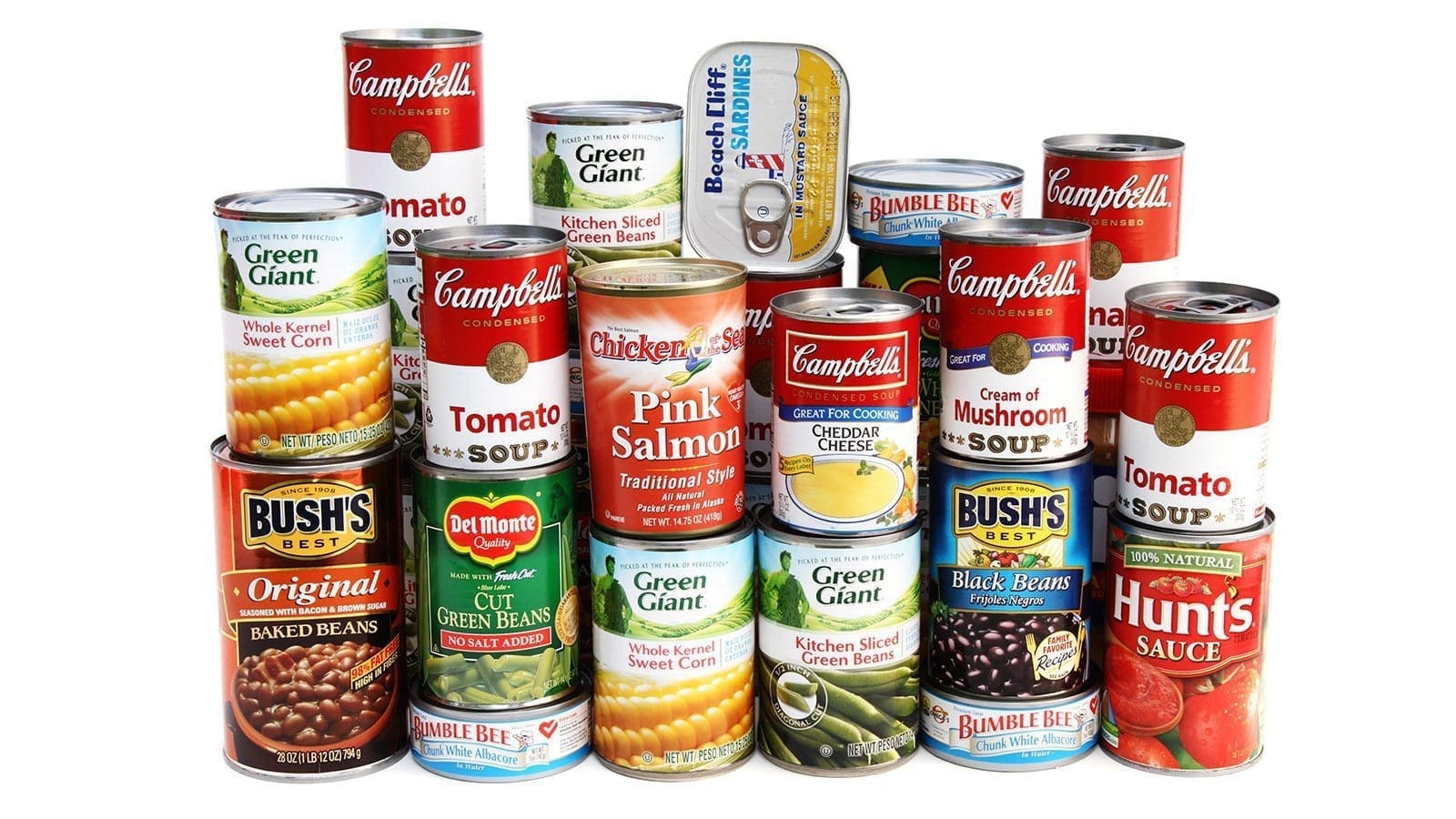CHINA – China’s State Administration for Market Regulation (SAMR), the regulator in charge of market order in China, has issued new consumer guidelines regarding sesame oil due to adulteration concerns.
The regulator has implored consumers to be on the lookout for blended sesame oil by being more vigilant in checking the product labels.
“Sesame oil is undoubtedly one of the most ancient edible oils used in China which is highly popular with consumers thanks to its strong fragrance– these guidelines have been issued in order to ensure that consumers are able to safely purchase this based on scientific principles.”
Pure sesame oil has a light red, orange-red or yellowish-red appearance as opposed to blended oil which gives off a dark yellow appearance if mixed with rapeseed oil or blackish-red if fused with cotton seed oil.
SAMR informed that it is vital for consumers to read the nutritional labels when buying sesame oil. For an oil to qualify to be labeled as sesame oil, the predominant ingredient ought to be sesame only, excluding any other type oil.
It enlightened that currently, there are processors who incorporate rapeseed or cotton seed into the sesame oil and go ahead to label it as sesame oil, contrary to specifications. These should be termed ‘blended vegetable oils’ with the proportions of each oil used stated.
Further, it advised consumers that to be on the safer side, they ought to only purchase sesame oil from reputable outlets with licenses and food safety certificates.
“The recommendation is to purchase pre-packaged sesame oil from the manufacturers at retail stores with proper licenses. Consumers attempting to buy this online will need to be clear about the product information, request proper certifications and licensing from the seller, and keep evidence of the online transaction.”
In a separate statement, Food navigator records that the country’s Ministry of Public Security Food and Drug Crimes Division, Director Lu Wuqin, revealed his division had detected over 2,300 crimes within the nation concerning the production and sale of toxic and harmful substandard goods.
Edible oil adulteration is a major food fraud issue. Oils of poorer quality or from alternate sources can easily be blended into high-cost oils, which are then sold at lower prices than the authentic products. This is possible because of the physical similarities between different oils.
India has also had its fair share of oil fraud. In 2019, the state government agency conducted a raid on a local oil mill after it discovered that they were adulterating sesame and groundnut oil with palm oil. Earlier this year, the Food Safety Standards Authority India (FSSAI) imposed a ban on blended mustard oils to avert adulteration in the country. Mustard oil’s high pungency levels and coloration cover up any traces of poor quality making it easy to adulterate.








